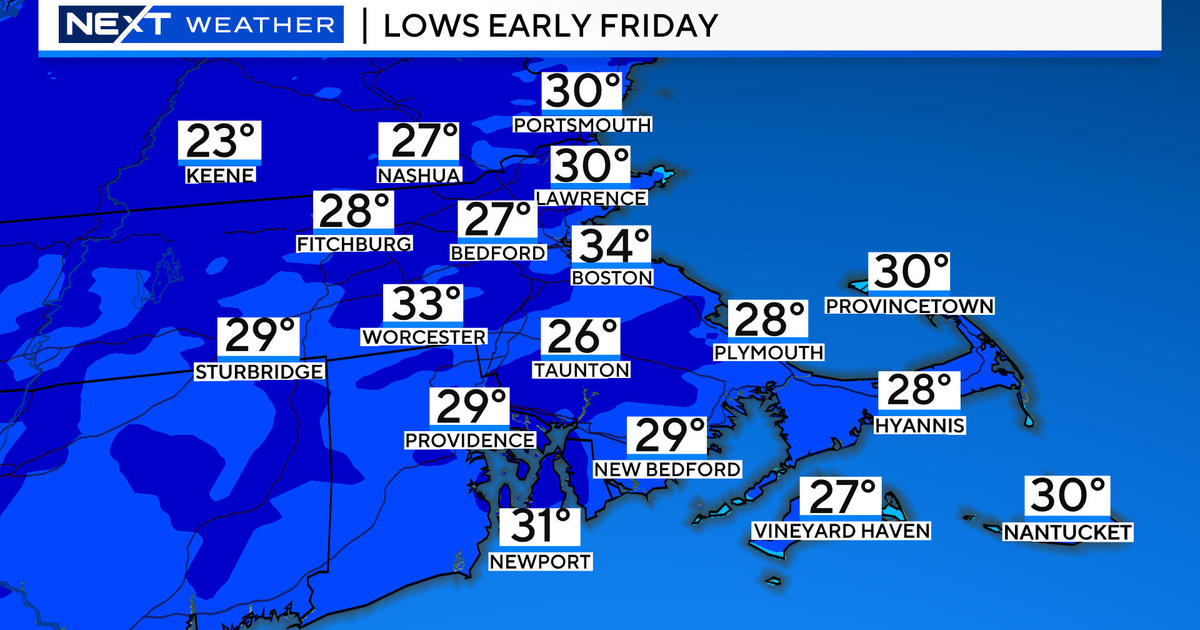Dr. Mallika Marshall Explains What You Should Look For After Head Trauma
BOSTON (CBS) -- An autopsy released on Thursday confirmed that actor Bob Saget died last month from accidental head trauma. It says the the 65-year-old hit the back of his head and then went to sleep in his Orlando hotel. He never woke up, and no drugs or alcohol were involved.
Dr. Mallika Marshall answered some questions about the circumstances surrounding Saget's death and what to monitor after an injury to the head.
Q: It sounds like there was a delay between when Mr. Saget bumped his head and when he actually died. Why is that?
A: Many of us or our children bump our heads all the time and it's no big deal. But if a blow to the head is severe enough, it can cause bleeding on the brain which can be deadly. And the bleeding may not occur right away or it may be a slow bleed that builds pressure over a period of hours or even days. So if someone you know hits their head, keep an eye on them for several days and get them to the ER right away if you have concerns. And keep in mind someone who is on blood thinners is more likely to bleed after head trauma.
Q: How do you know if head trauma is severe enough to require a medical evaluation?
If someone passes out at the time of the injury, that's a big red flag. Other concerning symptoms include recurrent vomiting, severe or worsening headaches, confusion, weakness or numbness in one part of the body, slurred speech, or problems with balance. If any of these develop, seek medical attention immediately because if there is bleeding on the brain, it's a race against time to relieve the pressure.



